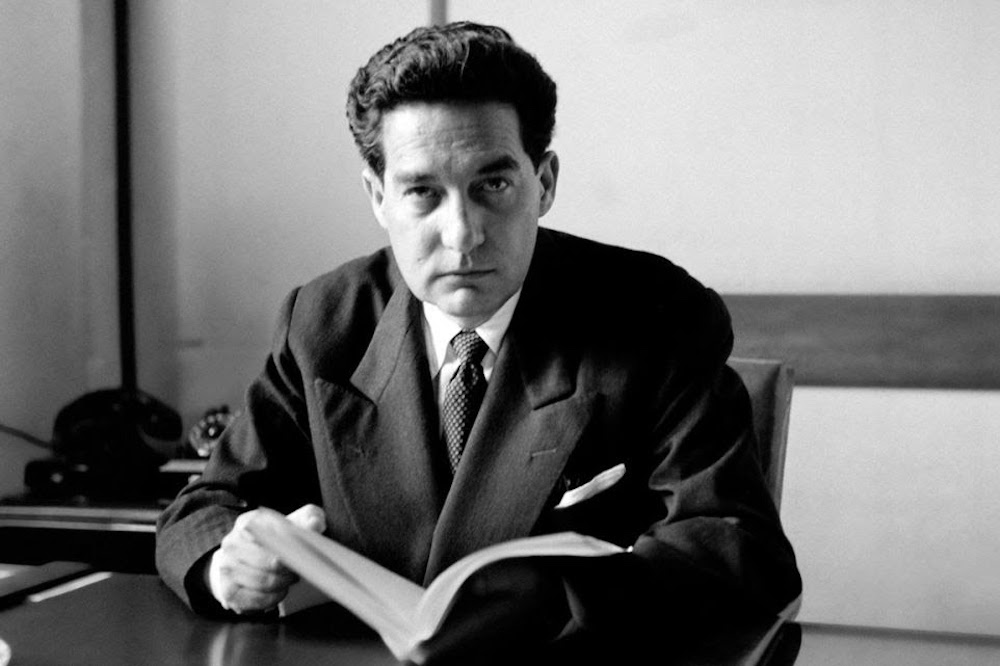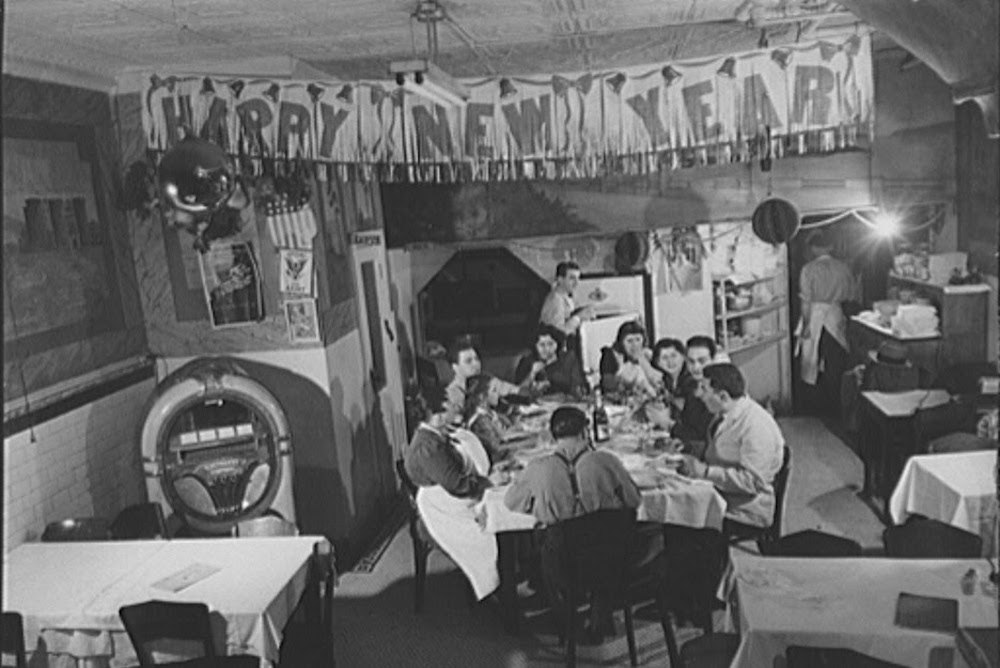Every week, the editors of The Paris Review lift the paywall on a selection of interviews, stories, poems, and more from the magazine’s archive. You can have these unlocked pieces delivered straight to your inbox every Sunday by signing up for the Redux newsletter.
This week at The Paris Review, we’re resolving to read even more of our archive in the New Year. Read on for Octavio Paz’s Art of Poetry interview, Rachel Cusk’s “Freedom,” and Catherine Davis’s poem “The New Year’s Burden.”
If you enjoy these free interviews, stories, and poems, why not subscribe to The Paris Review and read the entire archive? You’ll also get four new issues of the quarterly delivered straight to your door—and if you subscribe via our special bundle, you’ll get a tote bag, too! And don’t forget to listen to Season 2 of The Paris Review Podcast!
Octavio Paz, The Art of Poetry No. 42
Issue no. 119 (Summer 1991)
I am very fond of fireworks. They were a part of my childhood. There was a part of the town where the artisans were all masters of the great art of fireworks. They were famous all over Mexico. To celebrate the feast of the Virgin of Guadalupe, other religious festivals, and at New Year’s, they made the fireworks for the town. I remember how they made the church façade look like a fiery waterfall. It was marvelous.
Freedom
By Rachel Cusk
Issue no. 217 (Summer 2016)
“What’s it called,” Dale said, “when you have one of those bloody great blinding flashes of insight that changes the way you look at things?”
I said I wasn’t sure: a few different words sprang to mind.
Dale twitched his paintbrush irritably.
“It’s something to do with a road,” he said.
Road to Damascus, I said.
“I had a road to Damascus moment,” he said. “Last New Year’s Eve, of all times. I bloody hate New Year’s. That was part of it, realizing that I bloody hated New Year’s Eve.”
The New Year’s Burden
By Catherine Davis
Issue no. 21 (Spring–Summer 1959)
I will not, though I would, resolve,
As the New Year’s Eve comes on,
To do, not do, review, revolve
On the past year, how it has gone,
Taking not all, but still enough
(Seeing I had not much to lose)
Of what, for all my falling off,
Might have been mine, as then, to use:
….But if I cast off heaviness,
….This is my burden, none the less …
If you like what you read, get a year of The Paris Review—four new issues, plus instant access to everything we’ve ever published.
from The Paris Review https://ift.tt/2sAuNvH



Comments
Post a Comment